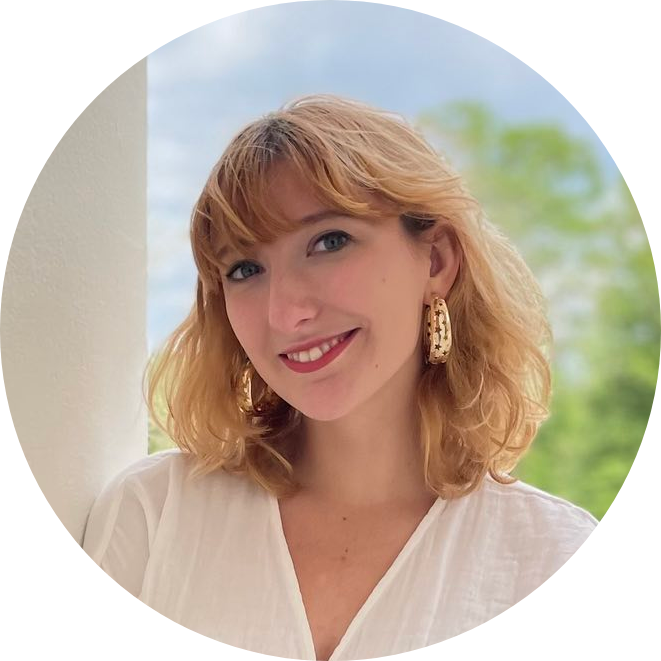Our best, healthiest relationships are built on understanding and respect. Polarization and an inability to communicate is not only an issue that we see in government and politics, but also among our closest families and friends. This polarization can create rifts in relationships that are otherwise built on love and mutual respect.
According to the Pew Research Center, more than three-quarters of people associate politics with something negative. Because of this, conversations that are directly or tangentially related to politics or current events can cause tension. When we approach political conversations with negativity and an unwillingness to lead with curiosity and openness, we risk damaging our relationships and creating uncomfortable situations. Curiosity allows us to explore perspectives different from our own, fostering a more empathetic and understanding dialogue.
This doesn’t mean that having strong, educated opinions is bad – nor is sharing them! Strong opinions are crucial for a well-functioning democracy. However, the way we communicate these opinions can significantly impact the quality of our relationships. Political conversations can be tricky. Fortunately, there are tools available to ensure that your boundaries are respected and to help navigate these discussions more effectively.
Recently, the Foundation for Family and Community Healing published “Yes, You CAN Talk Politics,” an interactive course to develop the skills needed to find common ground with our friends and loved ones. Not only does the course dive into how your brain processes political conversations, but it also provides tools to appreciate viewpoint diversity, exit unsafe conversations, and develop active listening skills. These tools are invaluable in creating a safe space for meaningful dialogue and maintaining healthy relationships despite differing political views.
By investing time in learning and practicing these skills, we can transform potentially divisive conversations into opportunities for growth and understanding. Let’s commit to approaching our interactions with respect, curiosity, and a willingness to understand each other’s perspectives.
Victoria McKelvey is on the education team at the Foundation for Family and Community Healing and a Master of Public Administration candidate at Virginia Commonwealth University.
